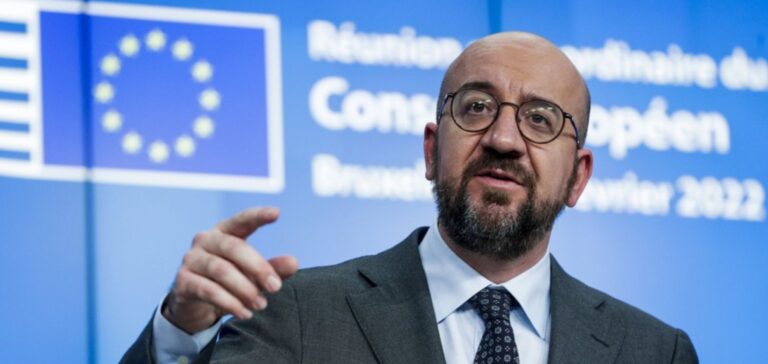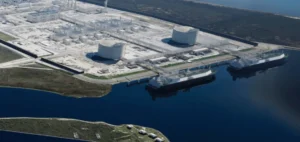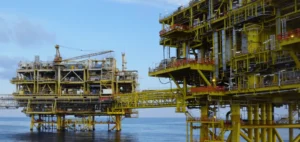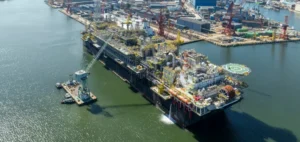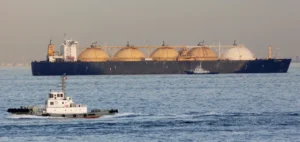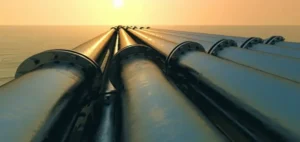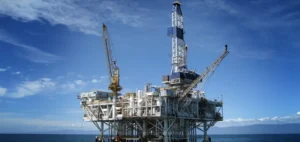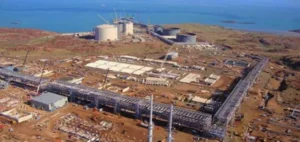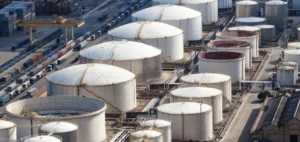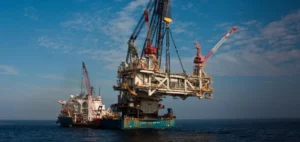Nord Stream 1 is closed for an indefinite period. Gazprom cites technical reasons for the closure. The EU strongly criticizes this decision and maintains the accusation that the closure is a means of political pressure.
Nord Stream 1 closure does not surprise the EU
Recently, Gazprom said it had found an oil leak in the last operational turbine of the Portovaya station. This statement supported the closure of Nord Stream 1. However, the Russian company says that it will resume gas delivery as soon as possible.
Gazprom maintains its statement about maintenance problems. It also states that Siemens was involved in the maintenance and approved the detection of the oil leak. However, Siemens claims that this leak is not a sufficient reason to completely cut off the flows via Nord Stream 1.
Faced with this situation, the EU does not seem surprised. In fact, the reduction of flows from Russia and the context of war lighten these actions. In addition, it sees the current context as an opportunity to accelerate its energy independence from Russia. Objective amply put forward in the REPowerEU plan and sanctions against the Kremlin.
Charles Michel, President of the European Council, says on this subject
“Gazprom’s decision is unfortunately not a surprise. Using gas as a weapon will not change the EU’s determination. We will accelerate our path to energy independence.”
Eric Mamer, spokesman for the European Commission also spoke on this subject. He reiterates the unreliability of the Gazprom company and underlines the cynicism of the Russian plan to cut off the gas.
Responses to the threat of shortages
Nevertheless, the threat of a gas shortage has allowed European countries to take action. Indeed, circumstances have prompted Germany to fortify alternatives to Russian gas to ensure supply. Thus, the country’s gas stocks are at 84.3%. The goal is to reach 85% by October.
Each European country has adopted a strategy. Some are turning to the development of renewable energy, others are diversifying their sources of supply, and still others are turning to energy sources that they had abandoned.
At the same time, the G7 countries have stated that they want to keep the pipeline closed. This after agreeing on a plan to cap Russian oil prices. The President of the European Commission, Ursula Von der Leyen, is also calling for a price cap.

